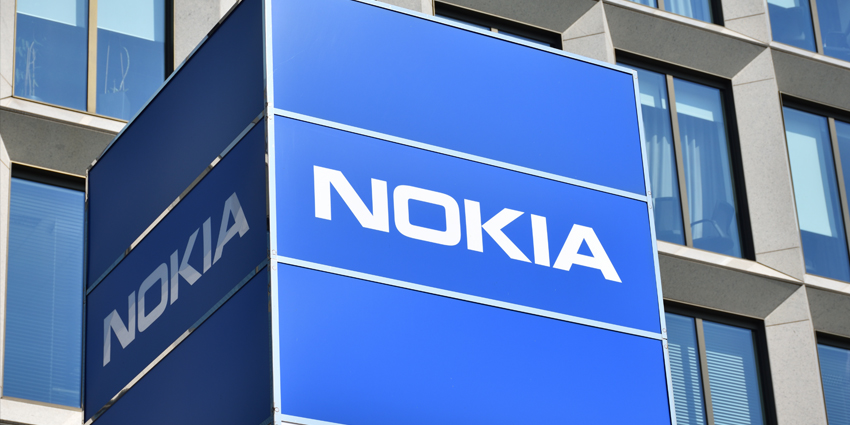Today, NFT marketplace OpenSea announced the acquisition of Gem, an aggregator service for non-fungible-tokens (NFTs), in a move that the acquired firm called “unexpected,” according to reports.
OpenSea acquired the San Francisco-based firm for an undisclosed amount, enabling Gem to continue operating as an independent application. Also, the purchase allows OpenSea to accelerate Gem’s product roadmap and eventually integrate critical features into its platform.
A blog post by OpeaSea Co-founder and CEO Devin Finzer explains how the acquisition will support its ‘pro’ users with Gem-based features to enable low-cost transactions across multiple NFT marketplaces and enhance the platform for users at all levels with improved service flexibility.
The CEO added,
“We can’t wait to learn from and build with the team at Gem – and ultimately make buying, minting and selling NFTs better for every level of experience”
The OpenSea NFT marketplace platform also allows vendors to sell digital products at a fixed rate or via an online auction.
New Payment Methods for OpenSea Users
The news comes after OpenSea introduced credit card payments on its MoonPay platform. The move allows OpenSea users to buy, sell, and mint NFTs without needing a crypto-wallet. It also streamlines transactions by completing all stages of the purchasing journey without leaving the OpenSea platform.
Currently, MoonPay accepts major cards providers, including Visa, MasterCard, and American Express, as well as Apple and Google Pay digital wallet services. Additionally, Visa announced its NFT Creator Programme designed to democratise NFT development for firms and individuals.
Last month, OpenSea introduced Solana blockchain-based NFTs on its marketplace, becoming the fourth blockchain solution to debut on the service following Ethereum, Polygon, and Klaytn.
Conversely, earlier in the month, China’s largest messaging platform WeChat began suspending accounts distributing secondhand blockchain services. The move followed Chinese laws prohibiting public and small business accounts from selling blockchain goods.
Additionally, this month, British banking firm HSBC announced an investment portfolio for Asian clients. The Metaverse portfolio includes businesses working to provide immersive solutions such as spatial computing, infrastructure, and interface systems.







